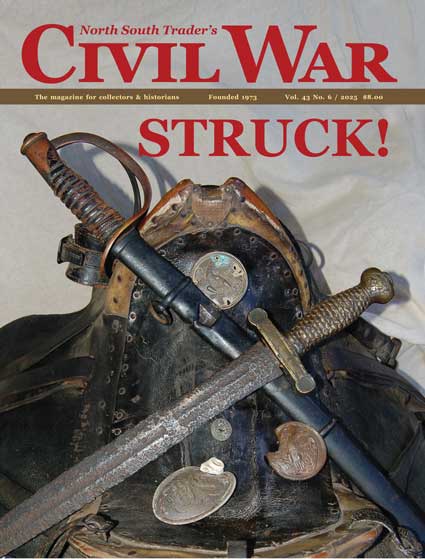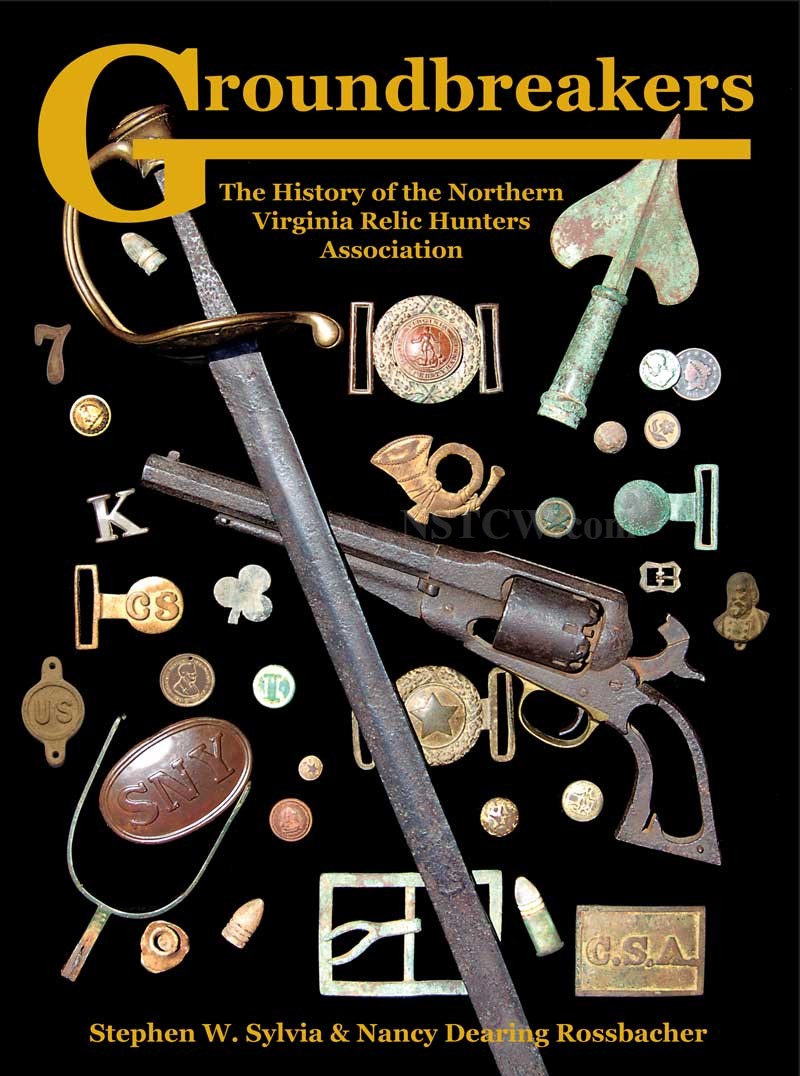|
Publisher's Forum Issue: 35-5 |
|
Life, liberty, and the pursuit of happiness are the only "rights."
Lately I am reminded why I have such respect for those who wore the Blue and the Gray. In fact, my admiration extends beyond the troops to all Americans of that era because they represent the American ideal. Self reliance, courage, moral fortitude, an ambitious work ethic, and perseverance were not outstanding virtues then, but common character traits. Perhaps that is why so many of us today look back wistfully upon 19th century Americans with something approaching awe. Few today could measure up to such tough standards. Those who do receive accolades, prizes, and titles that would have perplexed men and women of the 19th century. In those days people took pride in personal achievement. Obstacles were a daily challenge. Some manual labor was required of nearly everyone, and accidents were common; treatment was sketchy. Disease was common; cures were questionable. Life was a risky and demanding adventure, and one could not take anything for granted. Honor was something a man was willing to fight and die for. It wasn't a vague abstract concept but something that required defending on a regular basis. Is it any wonder that people then were proud and defiant? Is it a surprise that such people would resist any infringement upon their hard-earned rights or that others would fight to preserve what had taken most of a century to create? No, it shouldn't be a surprise. They were a tough and determined people accustomed to adversity and willing to sacrifice everything for ideals. Imagine if you didn't have a 40-hour week, sick leave, vacation days, unemployment benefits, workers' compensation, retirement, or social security. Imagine if there wasn't welfare, food stamps, Medicare, Medicaid, health insurance, fire and rescue services, public transportation, labor unions, public defenders, scholarships, and insurance for everything. And then there's personal safety. Back in the earlier days of our country, most families had to rely on themselves and their neighbors to defend against thieves and other criminals. How many of us could survive, let alone flourish, in such an environment? Today, even our nation's worst criminals have an easier life incarcerated than the average free American citizen of 1860. I venture that few in our society could last a month under the circumstances that confronted the soldiers in the field in 1861. The living conditions endured by those men—sleeping in the open, marching and fighting in rain, sleet, and snow for years—is inconceivable to us. They hiked hundreds of miles on every campaign. They cooked their own meals, often consisting of meager rations of salt pork and hardtack, washed and mended their uniforms, suffered illnesses with little in the way of medicines or any other comforts, and yet their letters and diaries voice little by way of complaint. In fact, many enjoyed army life, viewing it as series of challenges to be met in the course of doing one's duty. Contrast this with the editorials and letters to the editor one reads in so many periodicals today. I am amazed at the degree of whining and outrage. People are angry and want things improved, but few offer to shoulder any of the burden. Every entitlement turf, no matter how meager, is "hands-off." And the irony is evident. Despite high unemployment and an annual budget of $65 billion for food stamps alone, Americans are leading the world in obesity. Many of America's "poor" have cell phones and flat screen televisions and three square meals each day. Poor here is not the same as poor anywhere else in the world. Many of us know of people who have been out of work—and not actively seeking work—for several years, yet own cars and a home and lead a comfortable lifestyle. Extended unemployment benefits and public subsidies provide a tolerable income. Food stamps allow for steak, seafood, cookies, candy, cake, soft drinks, and energy drinks, in addition to the low-cost essential foods the program was designed to cover. It is obvious that many Americans now believe that we have a right to necessities and luxuries. Who among us has not heard it said that Americans have a right to a home, a right to a job, a right to heating and air conditioning, a right to a college education, a right to free health care. Even our criminals and illegal aliens have rights now. There was a time when those who disrespected society and preyed upon its members forfeited their rights. Not anymore. I believe we could improve our economic problems significantly if we took lessons from our ancestors. The wisdom of our founders guarantees life, liberty, and the pursuit of happiness—nothing else. Everything else is up to us, or is supposed to be. Somewhere between the two extremes is a compromise that would work for the majority. Despite the efforts of the anti-history and politically correct crowd to downplay it, the Sesquicentennial has grown legs all on its own. Regardless of political or cultural agendas, the reality of the Civil War has emerged again as an unstoppable force determined to be noticed. Some go so far as to claim that the spirits of the dead have collectively cried out to be remembered so they can guide us toward sanity. While it's interesting to ponder such possibilities, I believe it is, in fact, simply because the war is one of those distinctive and compelling American events that demands attention due to its singularity. Americans may or may not have an opinion about modern politics, our economy, or world events, but everyone has an opinion about the Civil War. And it's not just here in America. I have wondered why our internal conflict of 150 years ago commands such interest from people across the globe. I think the answer lies to a great extent in the word honor. It so often determined with which side a soldier cast his lot. It guided the conduct of those on the field and those left at home. And, when the long war was over and the victors clear, it led to a peace that endures to this day. Anyone who believes the war was fought only over money, the inhumanity of human bondage, or the complexities of state vs. federal rights, misses a crucial ingredient. Regardless of the causes of the war, the men who shouldered the burden of war did so, largely, for honor. Honor strikes a primal chord in men's hearts and honor was such a defining element of the war that it continues to strike a primal chord in people around the world a century and a half later. Perhaps the Sesquicentennial will serve to bring a touch of reality back into the minds and hearts of Americans. Perhaps exposure to the people of that era—their willingness to sacrifice and their code of conduct—will help us reassess who we are and what we need to accomplish to attain our goals. We are confronted today with serious problems that seem overwhelming in their scope and complexity, but the solutions have already been written in the blood of our ancestors. We just need to look back to see them. —Pub. The publisher welcomes correspondence from readers. Write NSTCW, P.O. Box 631, Orange, VA 22960 or e-mail publisher@nstcivilwar.com |
| Past Publisher's Forums click an issue number to view |
| 43-6 |
| 43-5 |
| 43-4 |
| 43-3 |
| 43-2 |
| 42-3 |
| 42-3 |
| 42-3 |
| 42-3 |
| 42-3 |
| 41-6 |
| 41-5 |
| 41-1 |
| 40-5 |
| 40-4 |
| 40-3 |
| 40-1 |
| 39-6 |
| 39-5 |
| 39-4 |
| 39-3 |
| 39-2 |
| 39-1 |
| 38-3 |
| 38-2 |
| 38-1 |
| 37-6 |
| 37-5 |
| 37-4 |
| 37-3 |
| 37-2 |
| 37-1 |
| 36-9 |
| 36-6 |
| 36-5 |
| 36-4 |
| 36-3 |
| 36-2 |
| 36-1 |
| 35-6 |
| 35-4 |
| 35-3 |
| 35-2 |
| 35-1 |

